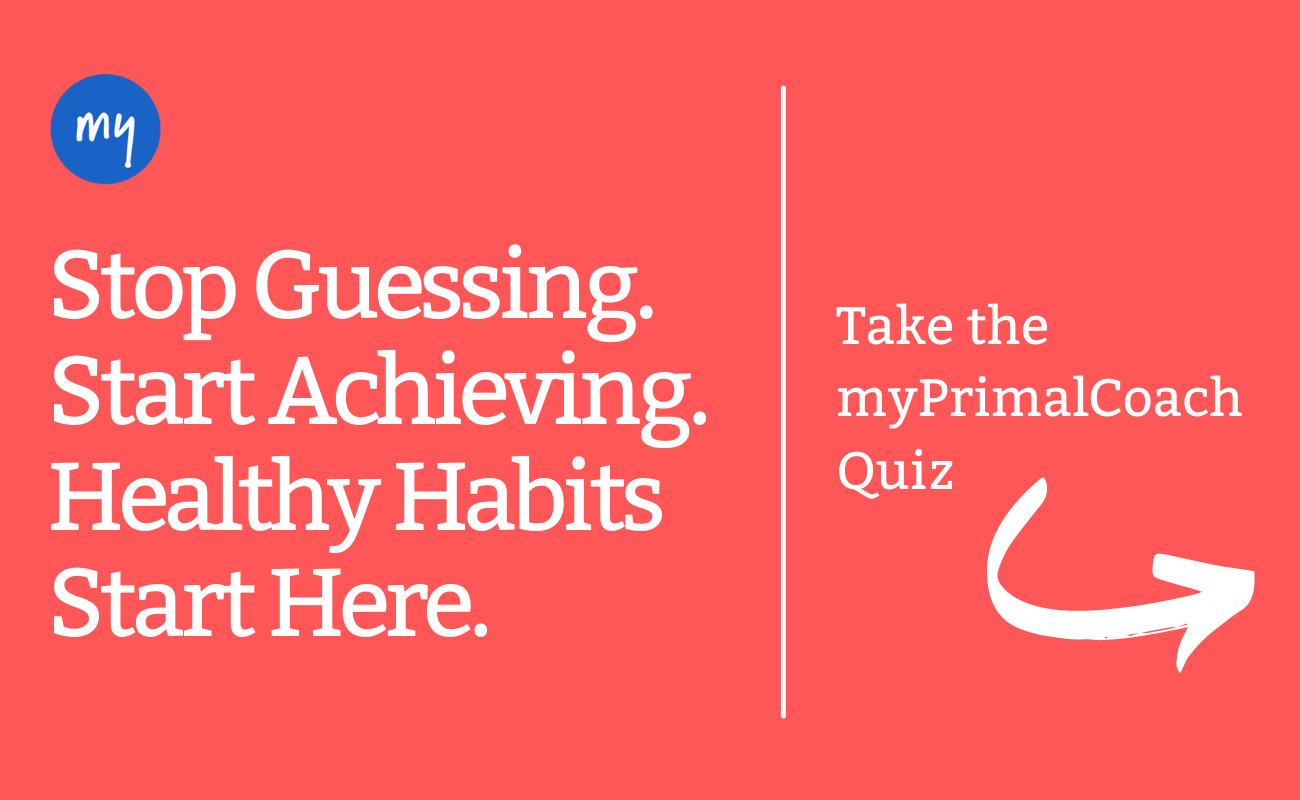If popping supplements is part of your daily routine, at some point you may have wondered, “Can you take too many probiotics?” It’s no secret that gut health is of the utmost importance to our overall health and you want to make sure you are taking care of yours. Modern day practices such as excessive sanitizing and antibiotic use have led to less diversity in our gut microbes and gut bacteria. Probiotic supplementation can be an easy and helpful way to restore homeostasis and variety to our microbiome and digestive health. However, there are some side effects of taking too many probiotics you may want to keep an eye out for.
Before we dive into the side effects and figure out if you can take too many probiotics, let’s first examine what probiotics are and what is known about their benefits.

What Are Probiotics?
The term probiotic has become a buzzword in recent years, and not without reason. There are trillions of microorganisms residing in our bodies that we have a symbiotic relationship with—we need them and they need us. Probiotic bacteria are one of those organisms. Bacteria often get a bad rap—and there are harmful bacteria—but there are also a myriad of species of bacteria that are beneficial to our bodies. Probiotics belong to the group of good, beneficial bacteria. Ultimately, gut health is all about maintaining a healthy balance of harmful and healthy bacteria levels in your gut microbiome.
The World Health Organization defines probiotic bacteria as “live microorganisms which when administered in adequate amounts confer a health benefit on the host.” In other words, they are natural bacteria and yeasts that live in our body and can give us a health benefit, but they must be alive. It’s for this reason you find high-quality probiotics in the refrigerated section of the supplement market. These bacteria are like little factory line workers. They take the food we eat, help us digest it, and convert it into beneficial substances that are good for the body and our overall health.
Two of the most common probiotic bacteria are part of the probiotic strains (or groups) Lactobacillus and Bifidobacterium. A common yeast, Saccharomyces boulardii, can also be used as a probiotic in the body. Certain probiotics have different jobs. In other words, not all members of a probiotic strain have the same function. While probiotics are a relatively new area of research and there is a lot left to be uncovered, some of their main functions in the body (based on evidence-based research) include:
- Help with digestion
- Immune function and immune system support
- Managing inflammation
- Managing irritable bowel syndrome, inflammatory bowel disease, and antibiotic-induced diarrhea
- Aiding with skin conditions such as eczema
- Supporting oral, urinary, and vaginal health
There is also a link between heart health and the gut microbiome. Studies show some strains of probiotics are beneficial for cardiovascular diseases. A correlation between obesity and a lack of diversity in gut bacteria also exists. Researchers believe probiotics may have the potential to mitigate the development of obesity.
There are a myriad of benefits to adding probiotics to your health regime, and there are many ways you can incorporate them into your diet. Eating certain probiotic-rich foods is a simple way to achieve this. Probiotics-rich foods include:
- Yogurt and other dairy products
- Sauerkraut
- Kimchi
- Kombucha
- Pickles
Many people also choose to include a probiotic in their daily supplement routine to increase their probiotic intake and ensure they’re getting multiple strains.
However, given that researchers are still just scratching the surface on gaining a full understanding of probiotics, appropriate probiotic dosage is still in question. In addition, the probiotic supplement market is largely unregulated when it comes to efficacy, safety, and quality. This begs the question:
Can You Take Too Many Probiotics?
The answer isn’t exactly clear cut. It’s more of a “yes and no” conclusion. While an overdose or dangerous side effects are extremely unlikely, you may experience some unwanted potential side effects if you take too many probiotics at once. That being said, any uncomfortable probiotic side effects are usually short-term.
Common side effects of taking too many probiotics include:
- Abdominal cramping
- Gas
- Bloating
- Constipation
- Nausea
- Jarisch-Herxheimer Reaction (also known as a die-off reaction) as excess bacteria die and release toxins as your gut flora rebalances. Symptoms may include headache, gas, bloating, fatigue, flu-like symptoms, skin breakouts, and anxiety.
Probiotic side effects are not harmful or severe enough to worry about taking too many supplements nor is there a serious risk associated with doing so in healthy individuals. But there are some people who may want to avoid taking probiotics altogether as they may experience adverse side effects.
Those who have had recent surgery, are undergoing chemotherapy, or with an illness are encouraged to consult their doctor and get professional medical advice before adding a probiotic to their supplement routine. People with a weakened immune system can experience dangerous infections from taking too many probiotics, according to The National Institutes of Health.
How Many Probiotics Should You Take?
There are no standardized guidelines when it comes to taking probiotics and it is important to keep in mind they are not regulated by the Food and Drug Administration. Ultimately, the appropriate dose depends on the strain (or strains) you are taking and that decision is best left up to a clinician.
It’s prudent to start at a lower dose of probiotics and gradually build up your intake in order to avoid mildly uncomfortable side effects such as gas and bloating. The more is not the merrier when it comes to probiotics—find the lowest dose possible that offers your body benefits and stop there. When it comes to how long you should take a probiotic supplement for, research suggests it’s fine to continue taking them if you are experiencing and seeking a sustained benefit.
Summary
Can you take too many probiotics? Yes, and you will probably experience an upset belly at most. It’s always best to consult with your medical provider before adding a probiotic supplement to your routine to help decide which strains are best and the ideal dose. A myPrimalCoach is at the ready to help you incorporate probiotic-rich foods into your current diet for a healthy gut and address other health needs including exercise, stress management, and sleep hygiene.

